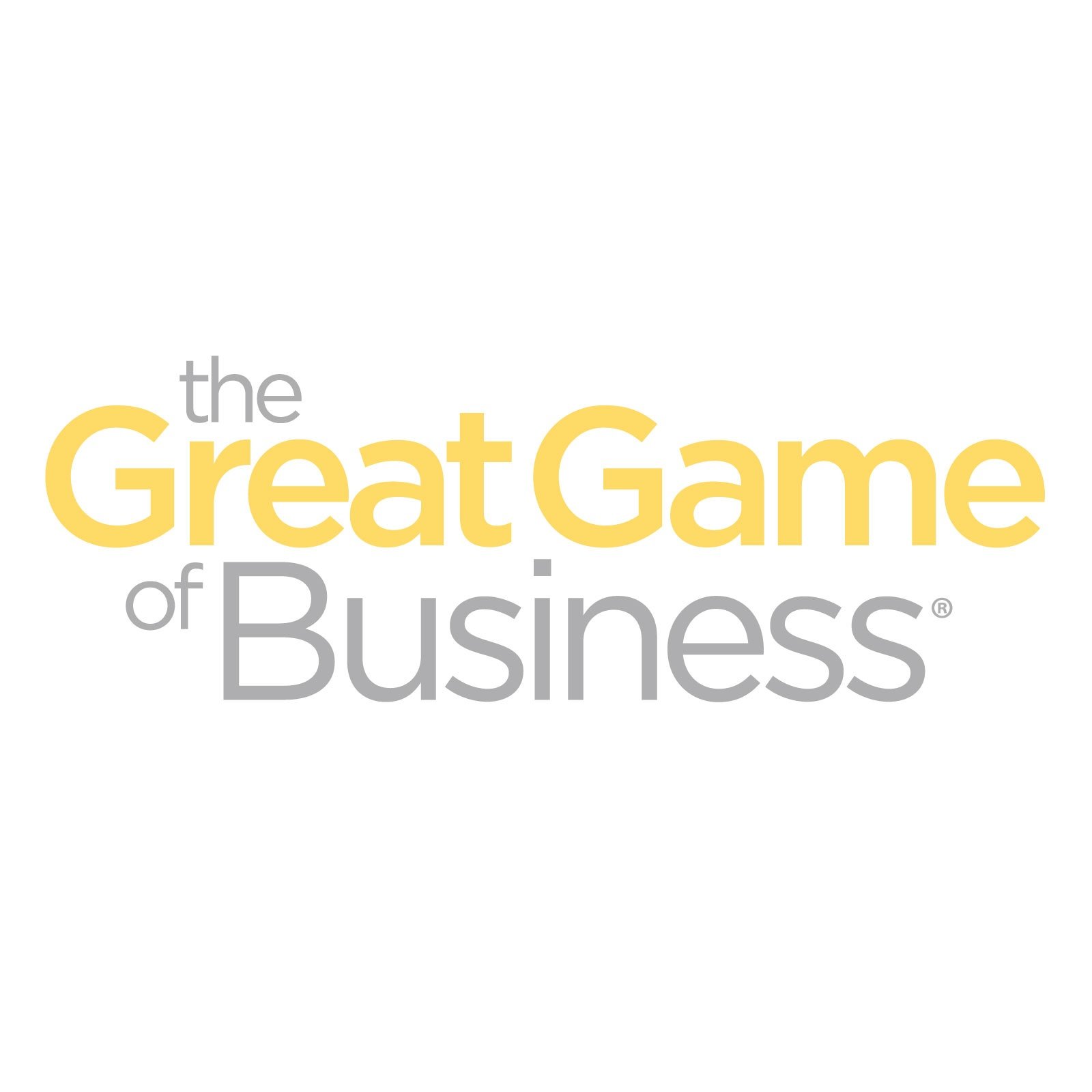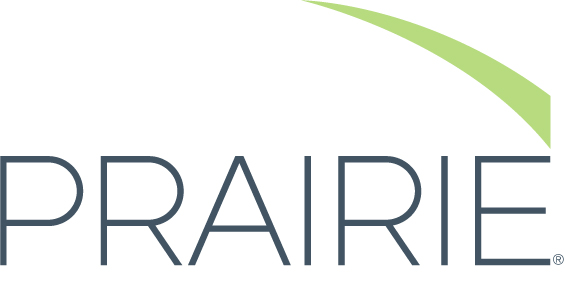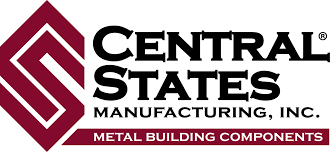
Introduction:
This week, special guests Laura Anderson, founder of Local Ocean, and Peter Koehler, her financial consultant, explain why Laura decided to sell her thriving seafood business in a transaction that created a business model that is neither widely known nor widely understood. It’s called an employee-ownership trust, and there are only about 50 of them in the United States. But their numbers are growing here and abroad, and for good reason. The trust model offers owners something of a choose-your-own-adventure option that can allow them to sell for a market rate in a relatively uncomplicated transaction that makes it far more likely the business will remain true to its established mission—especially when compared to selling to private equity or even to an employee stock ownership plan. Of course, there are challenges, including getting a bank to consider financing one of these deals. But in this episode, Laura explains why, with Peter’s help, she decided to trust the trust.
— Loren Feldman
.png)









